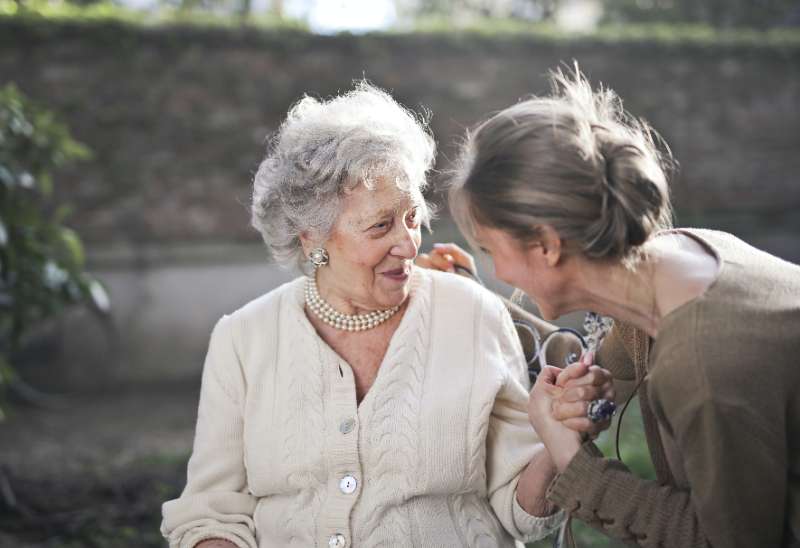What is an Enduring Guardian?
An Enduring Guardian is someone you appoint to make lifestyle, health and medical decisions for you when you are not capable of doing this for yourself. Your Enduring Guardian may make decisions such as where you live, what services are provided to you at home and what medical treatment you receive.
You decide the areas or ‘functions’ that you wish to give to your Enduring Guardian. They may include making decisions such as where you live, what services are provided to you at home, and what medical treatment you receive.
You can revoke the appointment and make another appointment at any time, provided you still have the capacity to make such decisions.
Eligibility
- You and the person/s you wish to appoint as your Enduring Guardian/s must be aged 18 or over, and understand the nature and effect of the Enduring Guardianship document.
- Your Enduring Guardian/s must not have any connection with people who provide you with accommodation, health care, or services to support your daily living activities, for a fee.
How to appoint
If you want to appoint an Enduring Guardian, you must complete a form of appointment. You can appoint more than one Enduring Guardian and appoint them with different functions.
The person(s) you appoint as your Enduring Guardian(s) must also sign the form to show that they have agreed to be your guardian. All signatures on the form must be witnessed by an eligible witness. An eligible witness is a legal practitioner, Registrar of the Local Court, or approved officer from NSW Trustee & Guardian.
You don’t need to lodge your enduring guardianship with any department, but it is a good idea to keep it with your other legal documents and make a certified copy for your guardian. You can also withdraw or change your enduring guardian by filling in a form to revoke the appointment with an eligible witness and giving it to your guardian.
When deciding on whom to appoint, you should consider who would best understand your values and wishes, and who would have the skills to make good decisions for you.
If you have no enduring guardian in place and your ability to make decisions is impaired, an application may be made to appoint a guardian or administrator for you.
Each state and territory may have different information about enduring guardianship so it is important to contact a lawyer like JCL Legal or the relevant agency for advice.
Also, please note that an Enduring Guardianship is not an Advance Care Directive or ‘living will’.
How to change or end an Enduring Guardian appointment
While you have the capacity, you can revoke (cancel) or change your Enduring Guardianship appointment by filling in a revocation form, having it witnessed and giving it to your Enduring Guardian(s).
Enduring Guardianship ends if the person who appointed the Enduring Guardian dies. An Enduring Guardianship also ends when it is revoked by:
- the person who made the appointment (while they have the capacity to do so); or
- the Guardianship Division NCAT or
- the Supreme Court.
An Enduring Guardianship appointment is automatically revoked if you marry after making the appointment. A joint Enduring Guardianship appointment will end if one of the joint Enduring Guardians dies, resigns or becomes incapacitated unless you have stated clearly in the form of appointment that you want it to continue beyond these events. Your Enduring Guardian can also resign from the role by completing a notice of resignation as Enduring Guardian form.
The law is complex and difficult to understand so we make sure we take the time to make sure you thoroughly understand and then how we will work with our knowledge of the law to obtain the best possible result. Contact JCL Legal now!
Regards,
Jeffrey.
For more information please click HERE
Email: [email protected]
Office📌: 8/65 York St, Sydney NSW 2000, Australia.
source: nsw.gov.au, agedcare101.com.au, planningaheadtools.com.au



































